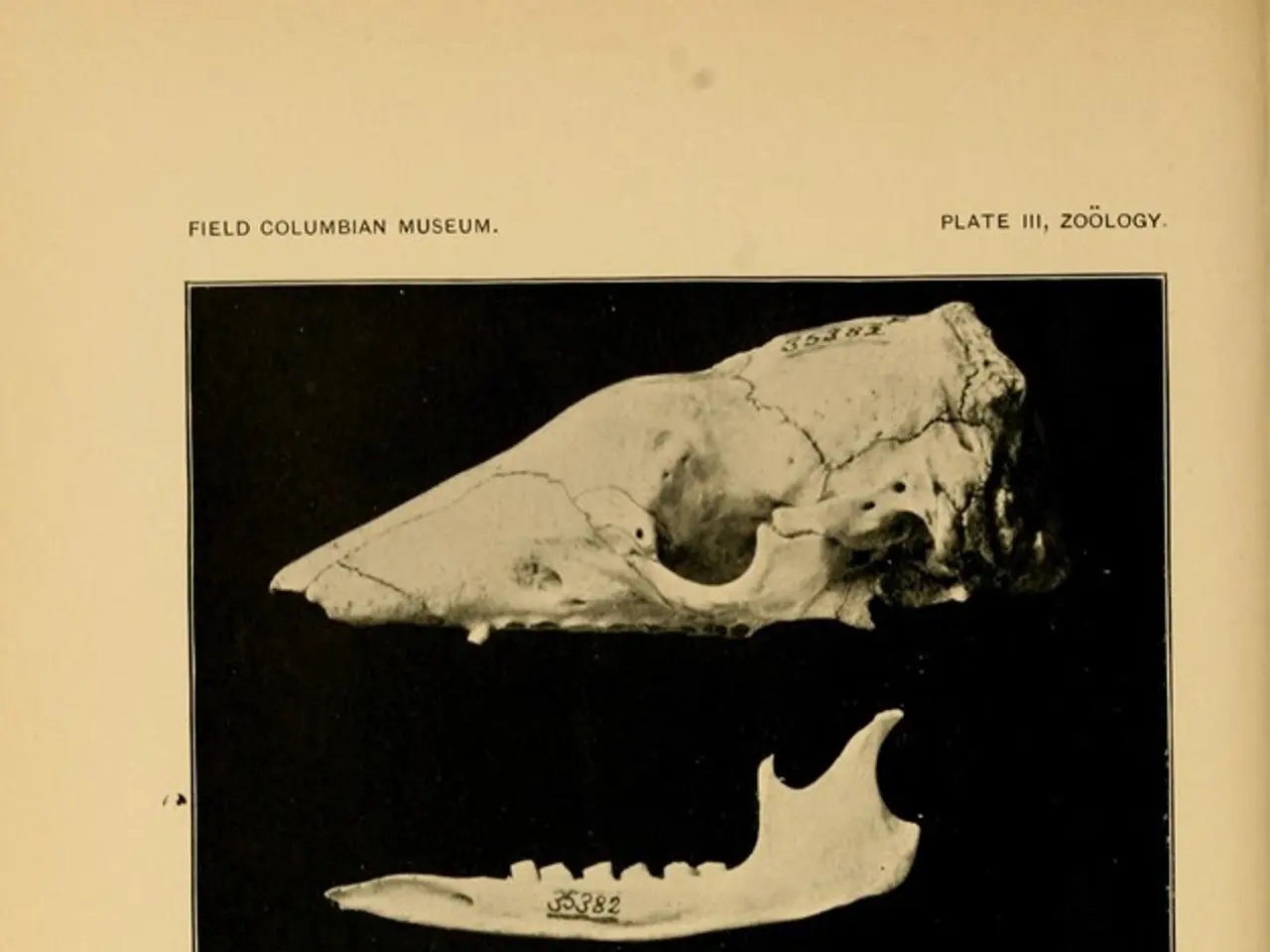Outdoor Fitness and the Importance of Vitamin D
Sunlight, the great equaliser, is more than just a warm and inviting glow. It's the source of a vital nutrient that plays a crucial role in our outdoor fitness pursuits - Vitamin D, often referred to as the 'sunshine vitamin'.
Vitamin D is essential for maintaining strong bones, reducing the risk of fractures, and boosting our immune system. It's a powerhouse nutrient that helps us stay active, fit, and healthy.
Regular exposure to sunlight, whether during a brisk morning run or an afternoon hike, can naturally increase our vitamin D levels. This natural boost can be the key to maintaining health while staying active outdoors. Outdoor workouts, especially those in nature, can leave us feeling mentally refreshed and energized due to the release of serotonin triggered by sunlight exposure.
However, it's important to remember that taking care of our skin is just as important as enjoying the benefits of sunlight. Using sunscreen or protective clothing can help protect our skin from harmful UV rays while still allowing us to reap the benefits of vitamin D.
People living in locations with limited sunlight, especially during the winter months, may need to adjust their routines or consider supplements to ensure they're getting enough vitamin D.
Vitamin D affects our mood during outdoor workouts by helping regulate serotonin levels in the brain, which is associated with improved mood and mental clarity. While outdoor exercise can help boost vitamin D levels, some people may still require supplements for adequate vitamin D intake.
Vitamin D is not just a bone-strengthening nutrient; it also boosts our immune system, helping us fight off infections and recover more quickly from illnesses or injuries. It helps prevent injuries during outdoor activities by maintaining strong bones and muscles, reducing the risk of fractures and other injuries, especially for high-impact activities.
Vitamin D has been linked to improved mood and mental clarity, and its deficiency has been associated with mood disorders, including depression and anxiety. Outdoor workouts can help boost vitamin D levels naturally, with 10 to 30 minutes of sunlight exposure several times a week being sufficient for most people.
Vitamin D enhances our body's ability to perform, recover, and stay injury-free during outdoor activities such as cycling, hiking, running, or yoga. The amount of sunlight exposure needed varies based on factors like skin type, geographic location, and time of year.
Vitamin D positively influences muscle function, bone health, the immune system, and mental health during outdoor workouts primarily through its synthesis in the skin via sun exposure.
Muscle Function: Vitamin D supplementation has been shown to improve muscle strength and reduce muscle damage in athletes. This indicates that vitamin D supports muscle performance and recovery.
Bone Health: Vitamin D is crucial for regulating bone structure by promoting calcium absorption in the gut and maintaining serum calcium and phosphate levels necessary for normal bone mineralization. It supports bone growth, remodeling by osteoblasts and osteoclasts, and helps prevent conditions like rickets in children, osteomalacia in adults, and osteoporosis in older adults.
Immune System: Vitamin D modulates immune function by interacting with vitamin D receptors present in many tissues, contributing to the regulation of inflammation and immune responses. Adequate vitamin D levels help maintain a healthy immune system, which is essential for overall health and recovery during regular outdoor exercise.
Mental Health: Outdoor workouts facilitate vitamin D synthesis, which is linked to improved mood and cognitive performance. Vitamin D deficiency correlates with symptoms like fatigue, depression, and irritability. Multiple studies show that adequate vitamin D may reduce depressive symptoms by up to 20%. Being outdoors and in natural environments during exercise reduces cortisol levels, anxiety, and symptoms of depression, contributing holistically to mental wellness.
In summary, outdoor workouts boost vitamin D levels through sun exposure, which in turn enhances muscle strength and recovery, supports bone integrity, fortifies immune function, and improves mental health by reducing stress and depressive symptoms. Regular moderate sun exposure (e.g., 5 to 30 minutes twice a week) combined with outdoor physical activity can effectively harness these benefits.
- Vitamin D, often called the 'sunshine vitamin', is crucial for maintaining strong bones and reducing the risk of fractures, enhancing our fitness and health during outdoor pursuits.
- Outdoor workouts, like running or cycling, can increase our vitamin D levels, providing a natural boost that helps us stay active and fit.
- However, protection from harmful UV rays is essential, making sunscreen or protective clothing necessary for completing our workout gear.
- For those living in low-sunlight regions or during winter months, dietary supplements might be required to ensure we're getting enough vitamin D.
- Vitamin D affects our mood by aiding in the regulation of serotonin, boosting our spirits and providing mental clarity during exercise.
- While outdoor exercise can help boost vitamin D levels naturally, some individuals may still need supplements for adequate vitamin D intake.
- Vitamin D is not only essential for strengthening our bones; it also improves our immune system, allowing us to fight off illnesses and recover more swiftly.
- Vitamin D affects muscle function, promoting muscle strength and reducing damage, offering superior muscle performance and speedier recovery in athletes.
- Regular sunlight exposure, coupled with outdoor physical activity, positively influences bone health, immune system function, mental health, and muscle recovery, enhancing our overall performance, wellness, and state of mind.




